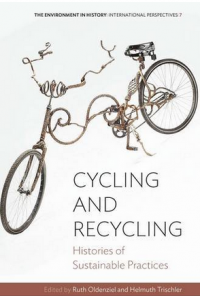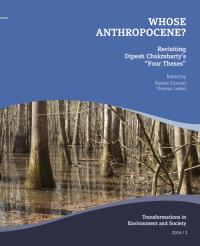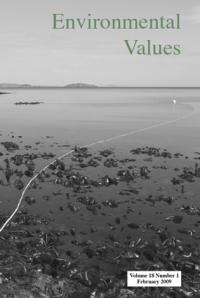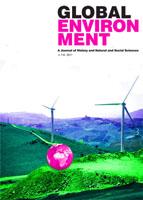Katiyabaaz [Powerless]
Powerless is a film about India’s energy poverty and the people’s desperate measures to create functioning infrastructure. Electricity “thieves” divert power to homes and small businesses and come head-to-head with electricity supply companies.






